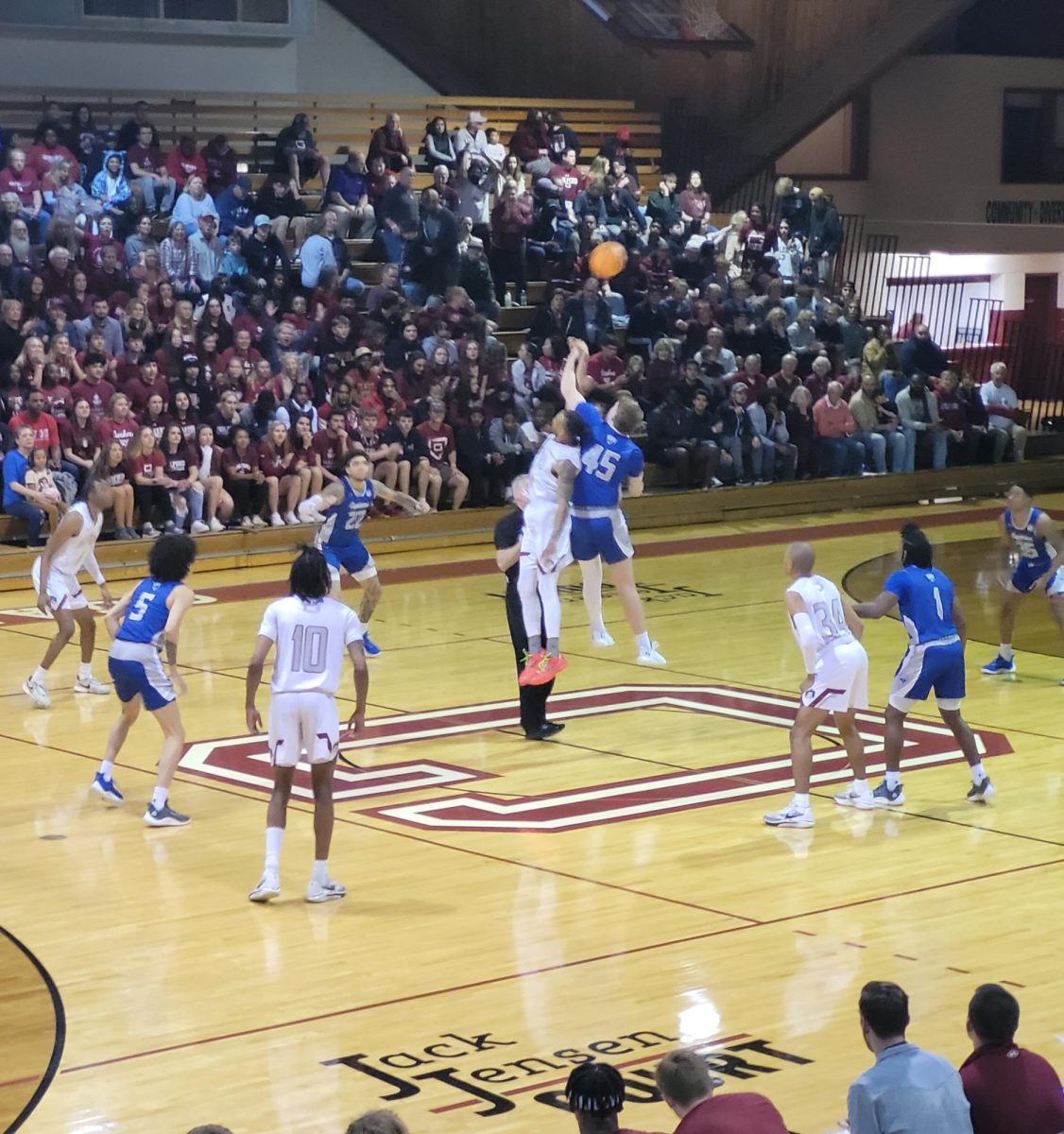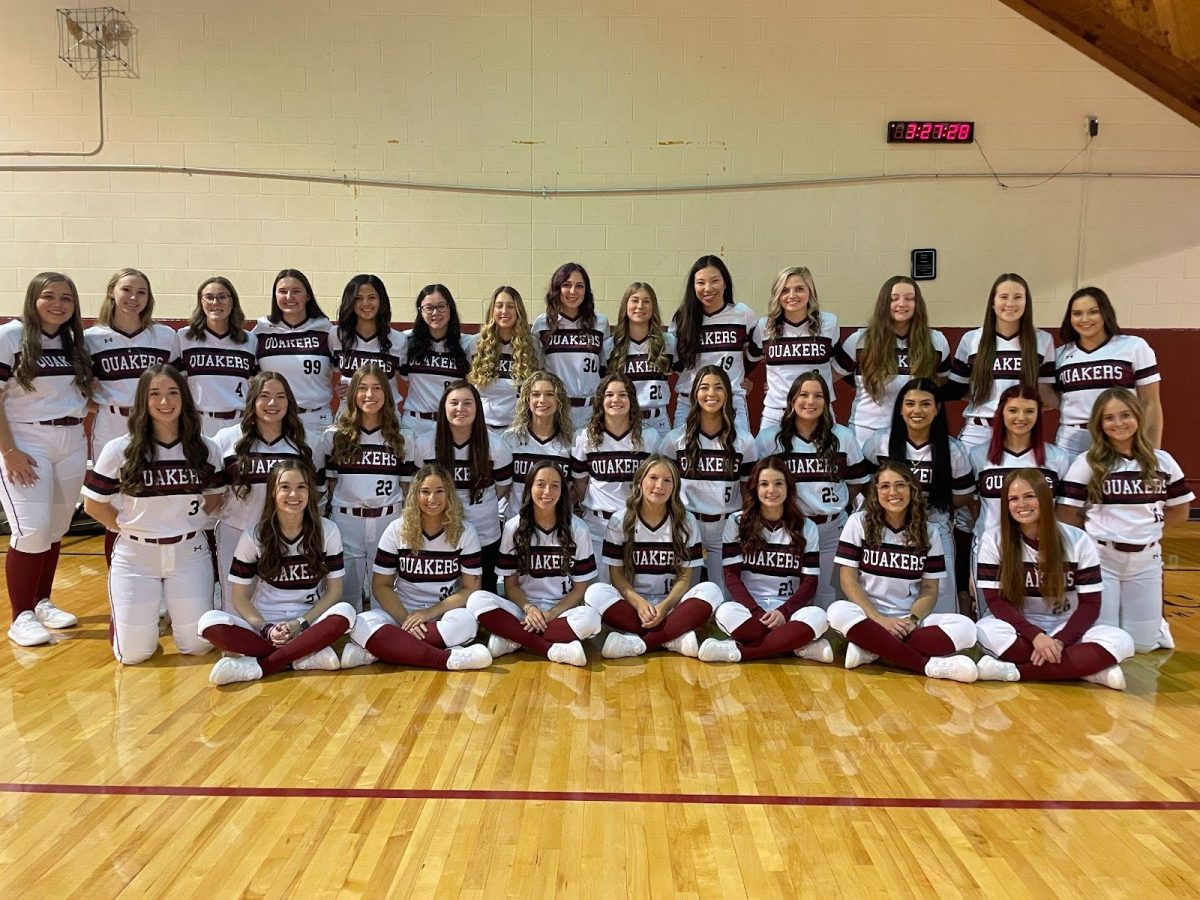In Bruce Springsteen’s classic song, “Glory Days,” the singer references a friend in a bar who “was a big baseball player back in high school,” but whose life is now so dull that all he talks about are his “glory days.” In many ways the sports industry parallels this song with a majority of major athletes quitting at relatively young ages.
Last month, tennis superstar Andy Roddick announced his retirement at the age of 30, sending shockwaves through the sports world. When asked for the reason of this move by USOpen.org, he replied, “I just feel like it’s time.” He went on to cite inability to consistently take both the physical and mental tolls of the sport.
His decision, however, is not an uncommon one in the world of professional sports. While the span of time between 30 and 40 seems relatively young to quit, a look at the retirement rate among leagues proves otherwise.
With the exception of the NBA, in which the average retirement age is around 36, according to ChaCha.com, Roddick seemed to call it quits at a typical time for a person in his position.
Steve Yzerman, a former captain for the Detroit Red Wings, attributes the primary reason for most players retiring to the stress such strenuous activity places on the body.
“The only reason I retired was health,” he told The Hockey News in a 2008 interview. “I loved playing the game and everything about it. If I could have remained healthy and trained and what not, I would’ve kept playing.”
Renowned basketball great Shaquille O’Neal, who retired last year at 39, can vouch for this statement. Struggling with an Achilles injury, he pushed against his body in order to keep playing the game he loved.
“Doc (Brian McKeon) kept telling me, ‘No, no,’ but I wanted to play so badly,” O’Neal said to ESPN. “My feeling was, ‘if it ruptures, it ruptures.’ The Celtics were so good to me I wanted to do everything I could to get back on the court for them.”
That drive to continue, with the body being the only shackle, is one that carries through all major sports, and has been persistent for years. Mark McGwire, famed player for the St. Louis Cardinals, expressed similar sentiments when he retired in 2001.
“I am unable to perform at a level equal to the salary the organization would be paying me,” McGwire told the Associated Press in 2001. “I believe I owe it to the Cardinals and the fans of St. Louis to step aside, so a talented free agent can be brought in as the final piece of what I expect can be a world championship–caliber team.
“For years I have said my motivation for playing wasn’t for fame and fortune, but rather the love of competing.”
Fervent fans push for their favorite players to continue, using harsh terms like “quitter” to deride their choice to retire. This shows a complete lack of respect for people they claim to idolize, and a misunderstanding of the motivations behind leaving a sport.
The strong emotions displayed in these interviews prove that players don’t quit because they want to. They quit because they know their limits, and want to be remembered in the best possible light, immortalized forever in almanacs and trading cards.
Springsteen’s song “The Wrestler” describes a “one-trick pony” whose only “faith is in the broken bones and bruises” he displays, not knowing when to call it quits. These athletes would rather be the subjects of “Glory Days,” growing old and living vicariously through “boring stories” of days that passed by “in the blink of a young girl’s eye.”






